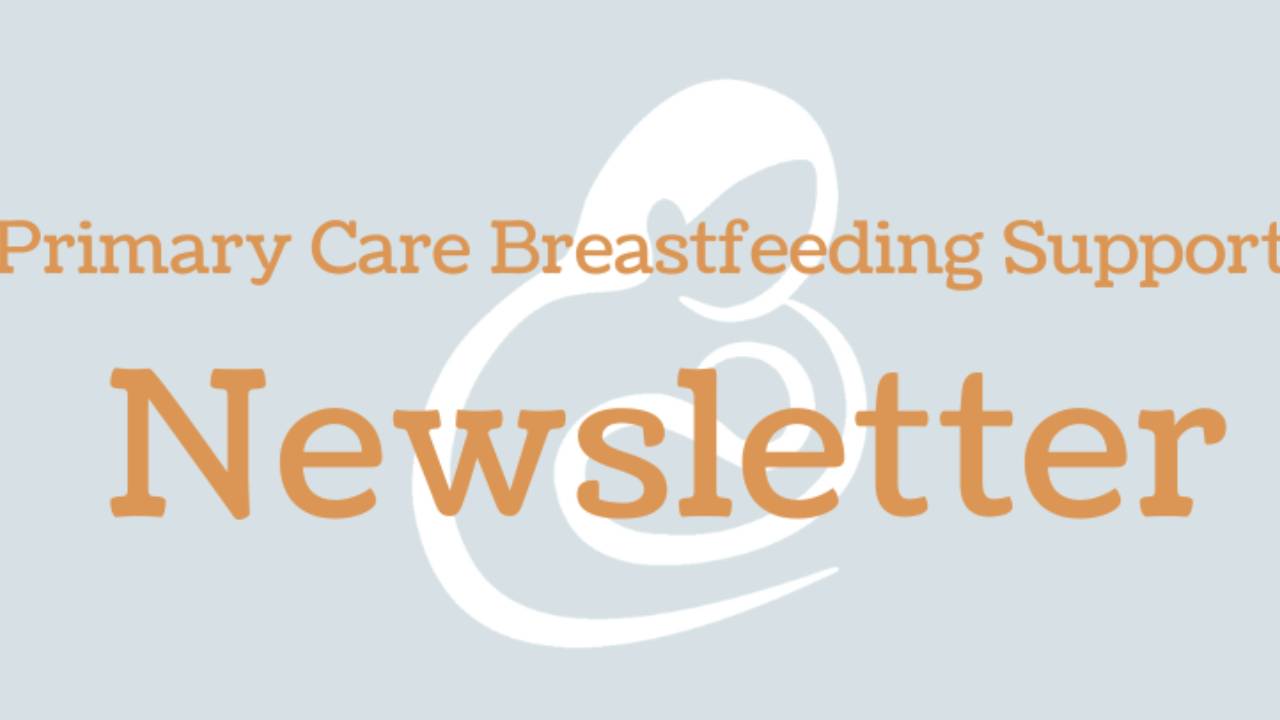September 2025

Welcome to our newsletter.
PCPs, what you say about breastfeeding matters!
A recent US Preventive Services Task Force Report and Systematic Review published in JAMA highlights the importance of primary care behavioral counseling interventions to support breastfeeding. The USPSTF maintained its B recommendation for breastfeeding support interventions in primary care reinforcing that prenatal and pospartum breastfeeding support is important for improving breastfeeding duration and exclusivity.
However, further research is needed and as the JAMA editorial by Demirci et al notes "primary care clinicians and practices have little concrete guidance; it remains unclear what breastfeeding education topics are most critical, the most effective mediums and formats for delivery, and how often support should be provided."
This is exactly why we're offering this newsletter, as supplement to Primary Care Breastfeeding Support: The First Weeks Course! In the course, you'll receive training to provide needed breastfeeding support your patients in the first week postpartum. The course includes practical education for troubleshooting the most common issues.
Check Out Our Provider Education
Our no-cost Breastfeeding Medicine & Primary Care Community is where you'll get access to our FULL newsletter archive, with new research, clinically-useful resources and helpful tips for supporting breastfeeding families every month! Take this survey for FREE access.


